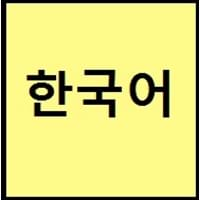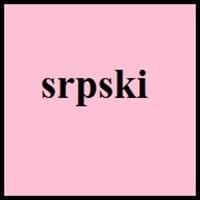Korean and Serbian
- Korean has borrowed words from English and Chinese.
- Korean has two counting systems. First, is based on Chinese characters and numbers are similar to Chinese numbers, and second counting system is from words unique to Korea.
- Serbian language was derived from the Old Church Salvic, as the language was commonly spoken by most of Slavic people in the 9th Century.
- Serbian language is based on Stokavian dialect.
All Korean and Serbian Dialects
Most languages have dialects where each dialect differ from other dialect with respect to grammar and vocabulary. Here you will get to know all Korean and Serbian dialects. Various dialects of Korean and Serbian language differ in their pronunciations and words. Dialects of Korean are spoken in different Korean Speaking Countries whereas Serbian Dialects are spoken in different Serbian speaking countries. Also the number of people speaking Korean vs Serbian Dialects varies from few thousands to many millions. Some of the Korean dialects include: Jeju, Gyeongsang. Serbian dialects include: Prizren-Timok , Smederevo–Vršac. Also learn about dialects in South American Languages and North American Languages.
Korean and Serbian Speaking population
Korean and Serbian speaking population is one of the factors based on which Korean and Serbian languages can be compared. The total count of Korean and Serbian Speaking population in percentage is also given. The percentage of people speaking Korean language is 1.14 % whereas the percentage of people speaking Serbian language is Not Available. When we compare the speaking population of any two languages we get to know which of two languages is more popular. Find more details about how many people speak Korean and Serbian on Korean vs Serbian where you will get native speakers, speaking population in percentage and native names.
Korean and Serbian Language Codes
Korean and Serbian language codes are used in those applications where using language names are tedious. Korean and Serbian Language Codes include all the international language codes, glottocodes and linguasphere.





